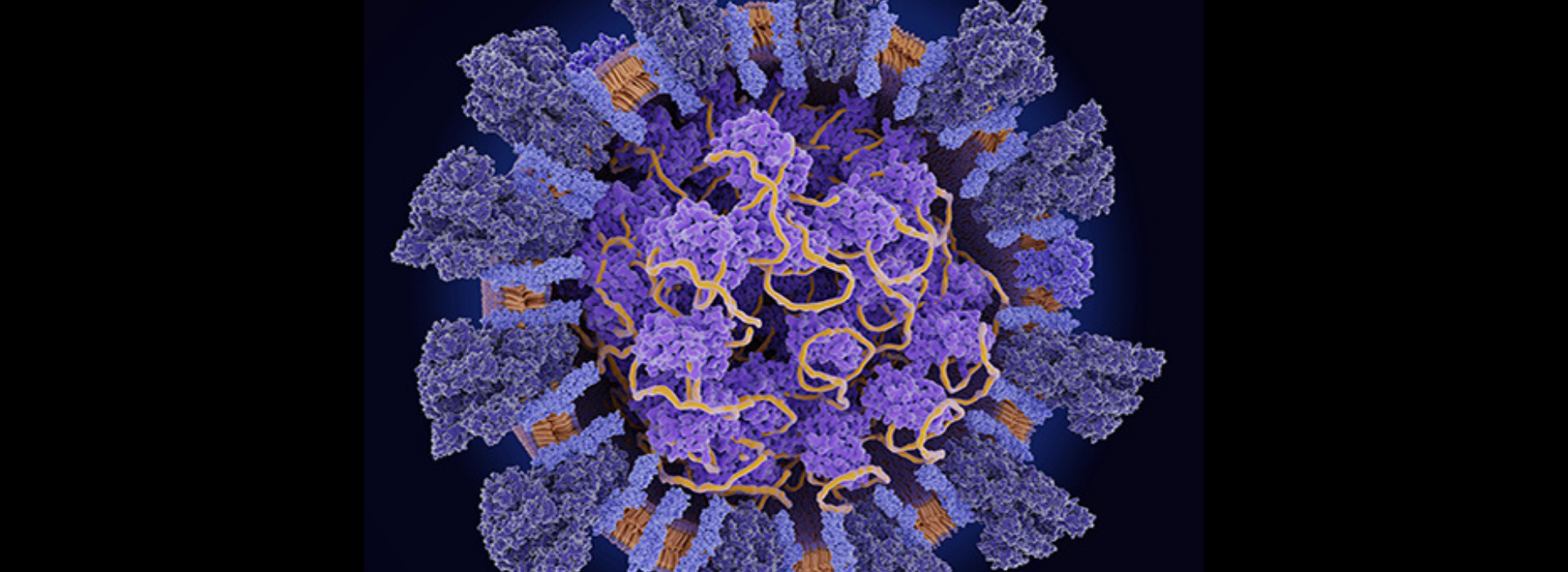
U Researcher to Investigate tRNA Fragments Predicted to Bind SARS-CoV-2
As the medical community began to answer the call to action amid the emerging novel coronavirus pandemic, many researchers, including Lynne Bemis, PhD, a professor in the Department of Biomedical Sciences at the University of Minnesota Medical School, Duluth Campus, looked to their areas of expertise to join the fight against COVID-19.
The Bemis Laboratory works to identify novel RNA molecules as biomarkers for earlier cancer detection. A type of non-coding RNA, known as tRNA fragments (tRFs), are associated with some aspects of viral infections and are largely unstudied in coronaviruses — until now.
Dr. Bemis, recognizing this lack of knowledge about tRFs, turned to a project she had worked on previously dealing with ovarian cancer. She realized she could use the same experimental methods to study if one or more tRFs bind and regulate SARS-CoV-2. With the reagents she already had in her laboratory, Dr. Bemis applied for a CO:VID (Collaborative Outcomes: Visionary Innovation & Discovery) grant, and began her study to address the biological mechanisms required for the regulation of coronaviruses.
The expected outcome of these experiments is to confirm that tRFs can directly bind the viral genome. “The majority of this pilot research will be done through virtual experimentation,” Dr. Bemis said. “What I do is make synthetic pieces of the virus that could never be replicated.I place a tiny piece of the virus into a cell, then the tRNA fragment, and watch what happens.”
The project may also shed light on the functions of tRNA fragments as we age and provide a new understanding of the severe health consequencesCOVID-19 has had among older adults. One of the ways that make treating COVID-19 complex is not knowing exactly how the novel coronavirus attacks the immune system.
“It’s thought that some of the tRNA fragments are not as readily made as you age, so as you get older, you may get less of certain tRNA fragments,” Dr. Bemis said. “So, in that case, we can investigate and ask the question, are aging adults struggling to recover from COVID-19 because they are also having a much harder time making some of the molecules that have been understudied?”
While Dr. Bemis explains that the therapeutic aspects of the project are much into the future of discovery, she believes that these initiatives around COVID-19 will lead researchers down a path to a better understanding of viruses in general. Beyond the possible benefits introduced by therapeutics, she is also finding new ways to improve diagnostics for Lyme Disease research after learning how to make rapid COVID-19 tests amid the pandemic.
“This is just the starting point,” Dr. Bemis said. “We’re on our way to understanding the viral host interplay, as well as the host response to the virus. To do the entire study, I will have to collaborate with someone who has a Biosafety level 3 laboratory where the virus can be directly handled, but much can be done in Duluth — it’s just a matter of collaboration.”